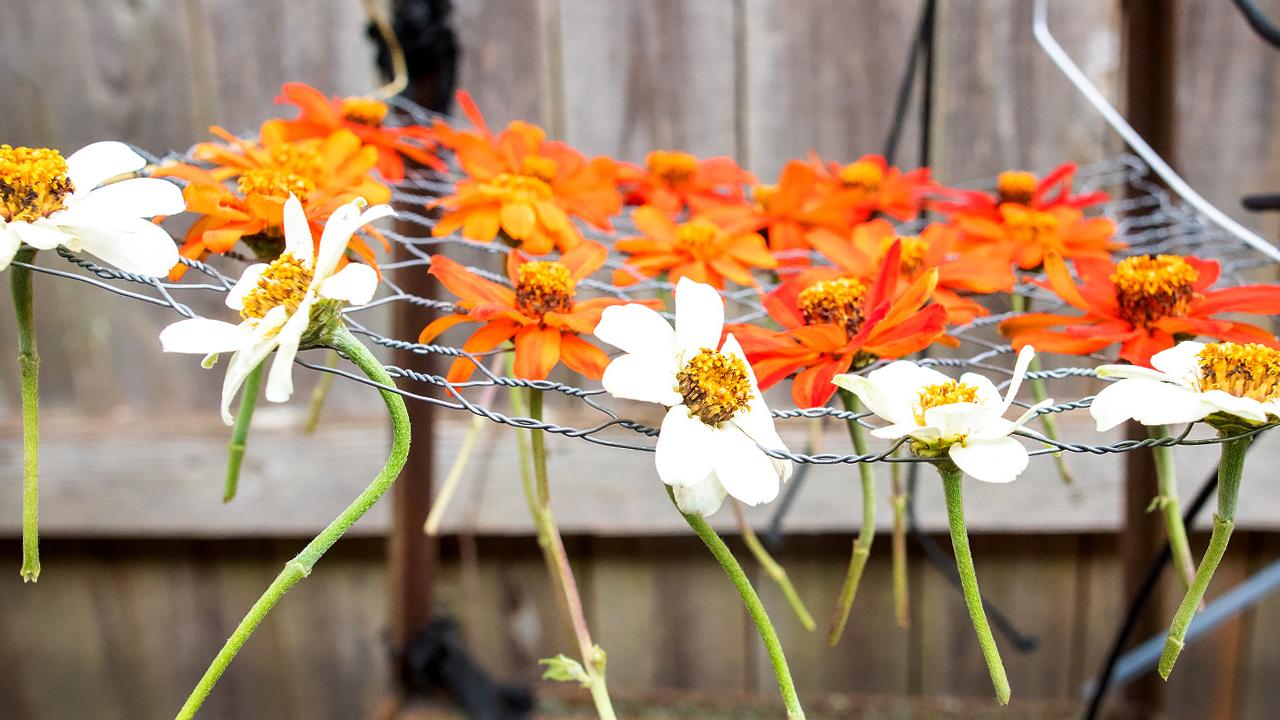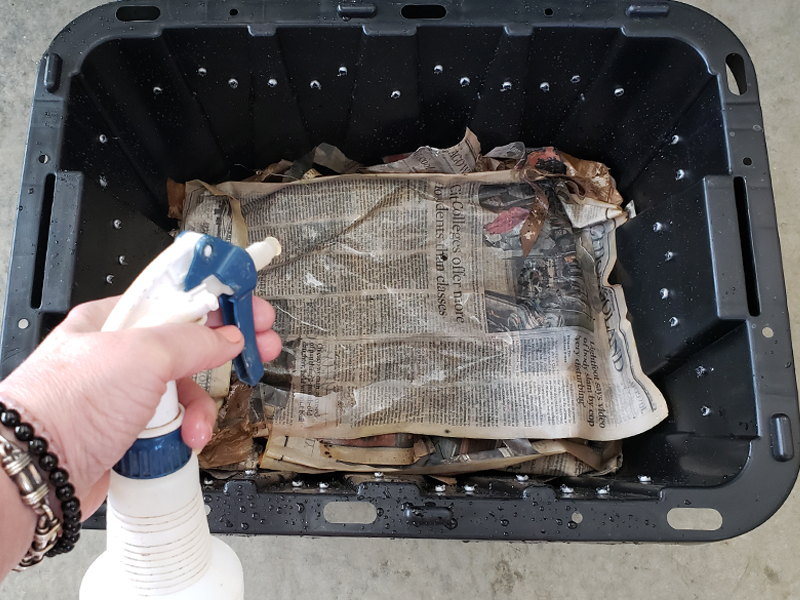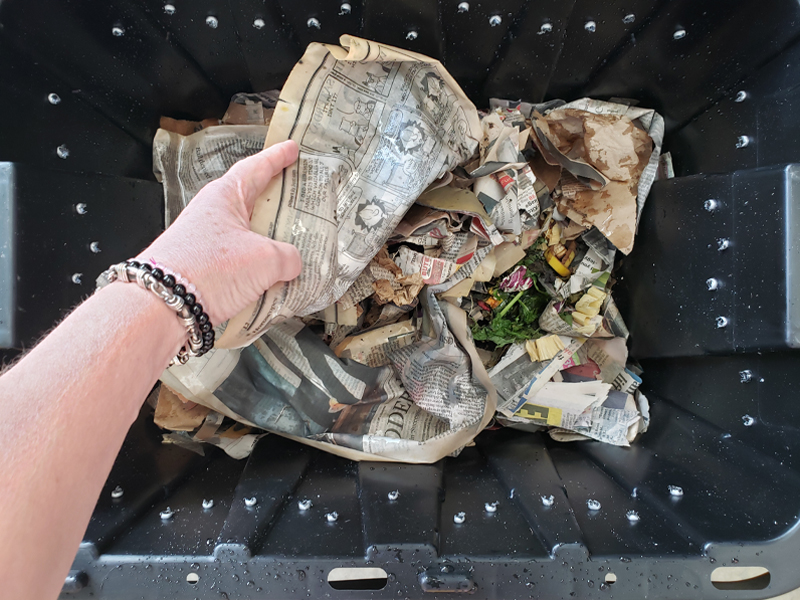

How-to
Garden Stories
Tips for Managing Your Worm Bin: Part 2
Worm Composting
Now that you have a worm compost bin, here are five tips for maintaining it so that the worms are happy, it does not smell bad, you don’t get fruit flies or other pests, and you get some nice compost for your yard or houseplants.
Worm Tea
Part 3 will explain how to harvest the worm poop (castings) and make “worm tea” to nourish your indoor and outdoor plants.
Worm Fun Fact
When you see earthworms on the pavement after heavy rain, they have not come out of the ground to avoid drowning. The waterlogged grass and pavement have created an opportunity for them to move above ground and explore a new place without drying out. Think of it as worms vacationing! Unfortunately, it is a risky venture, because a hungry robin may be lurking or they may not get back underground before the water dries.



